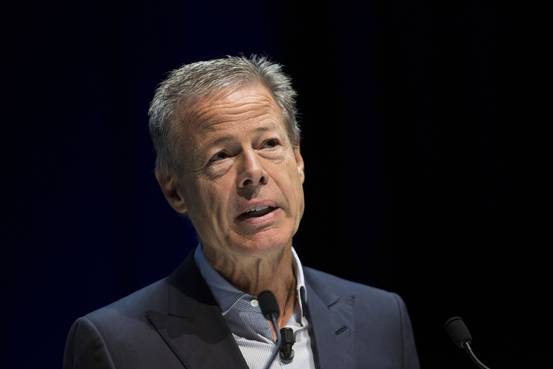The Netflix ($NFLX) Problem: Which Media Company Will Solve It?
Media companies have admitted they have a Netflix [stckqut]NFLX[/stckqut] problem. What isn’t clear yet is which one will be first to step forward with a solution.
Licensing content to Netflix and other streaming services such as Amazon.com’s [stckqut]AMZN[/stckqut] Prime Instant Video has become a fast-expanding, high-margin source of revenue for the biggest content owners, including Walt Disney [stckqut]DIS[/stckqut], Time Warner [stckqut]TWX[/stckqut], 21st Century Fox [stckqut]FOX[/stckqut], CBS [stckqut]CBS[/stckqut], Viacom [stckqut]VIA[/stckqut], Discovery Communications [stckqut]DISCK[/stckqut] and AMC Networks [stckqut]AMCX[/stckqut]. But it is clear the presence of their shows on these platforms is hurting traditional TV ratings, which drive ad revenue, and making it easier for pay-TV subscribers to quit.
While pulling content from Netflix may be the right thing to do for media companies, the situation poses a classic prisoner’s dilemma: Who will be first to forgo short-term profits for the good of the industry?
Time Warner suggested recently it may be a candidate, if only because it didn’t appear to be shying away from short-term pain. Its stock took a hit after the company lowered its outlook for 2016. It is also investing more aggressively in content, technology and the consumer experience to help better position it for the future.
Source: The Netflix Problem: Which Media Company Will Solve It?


